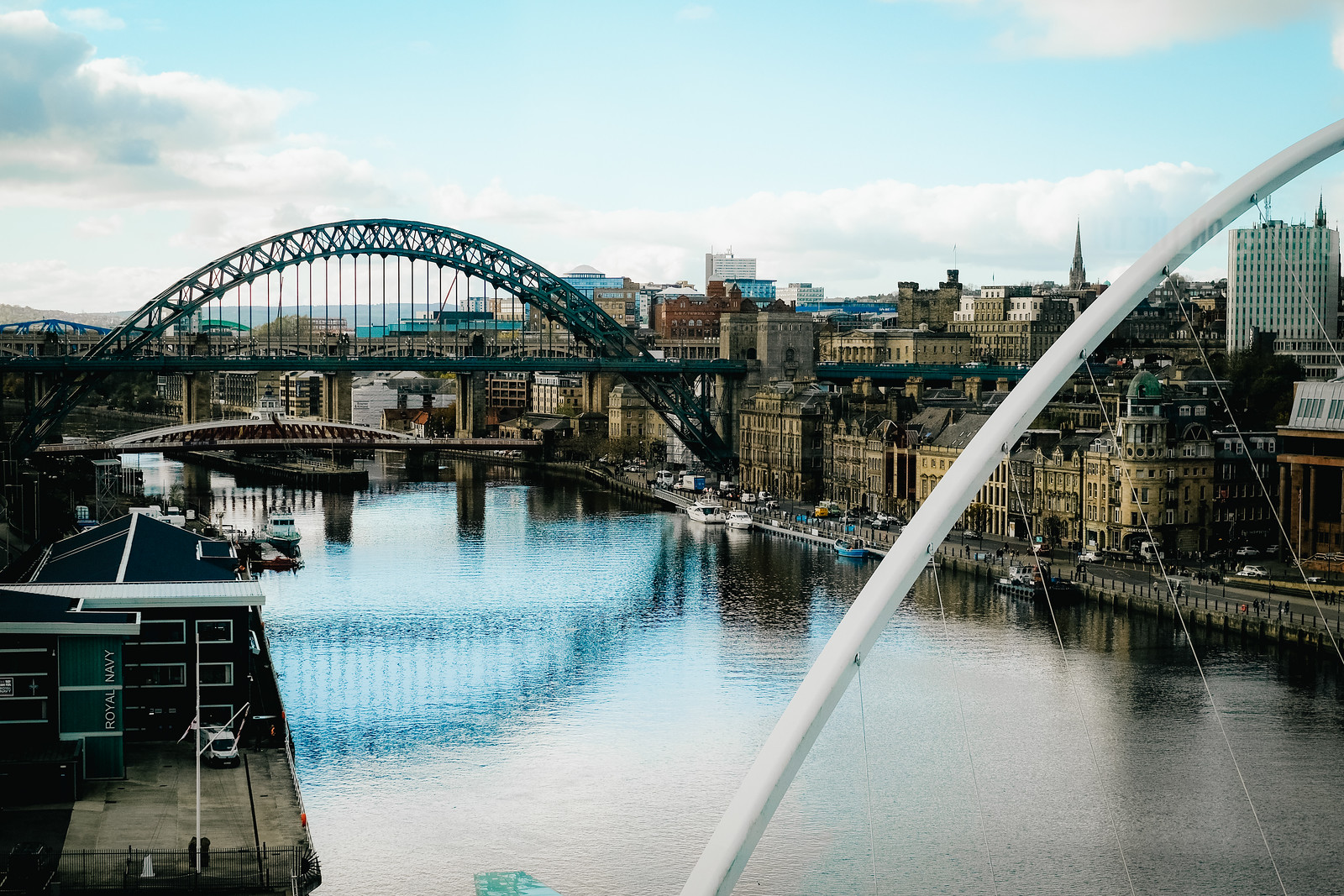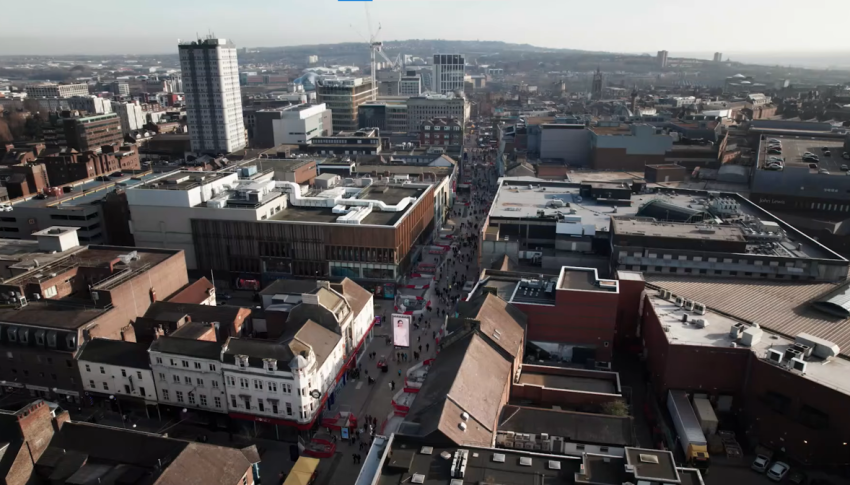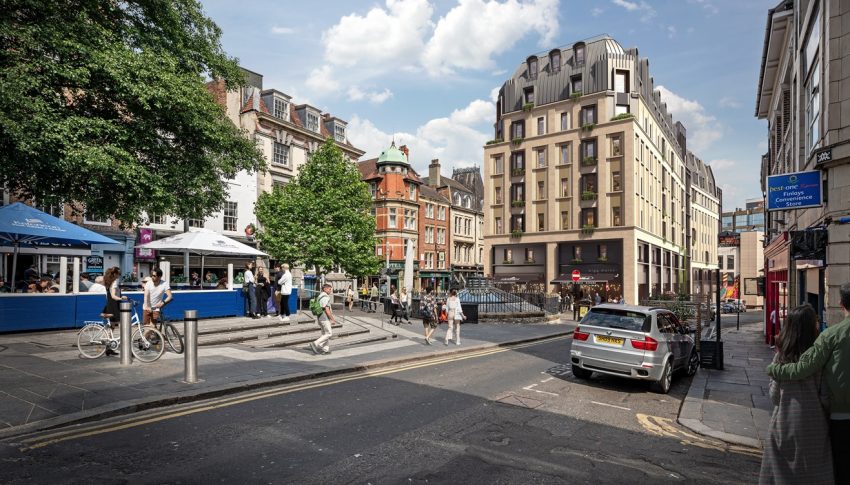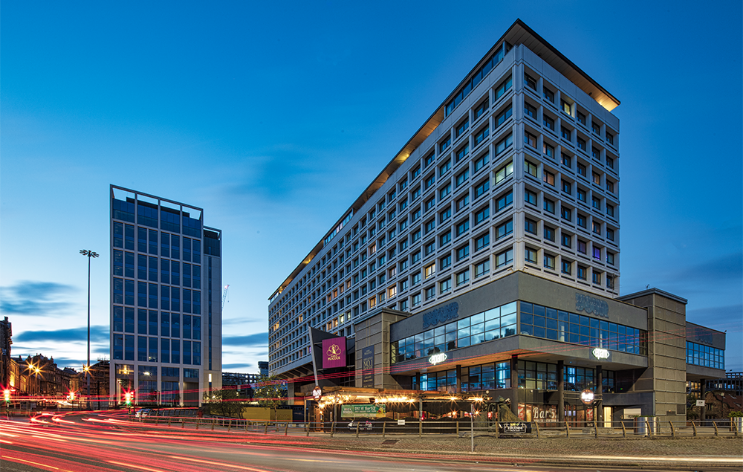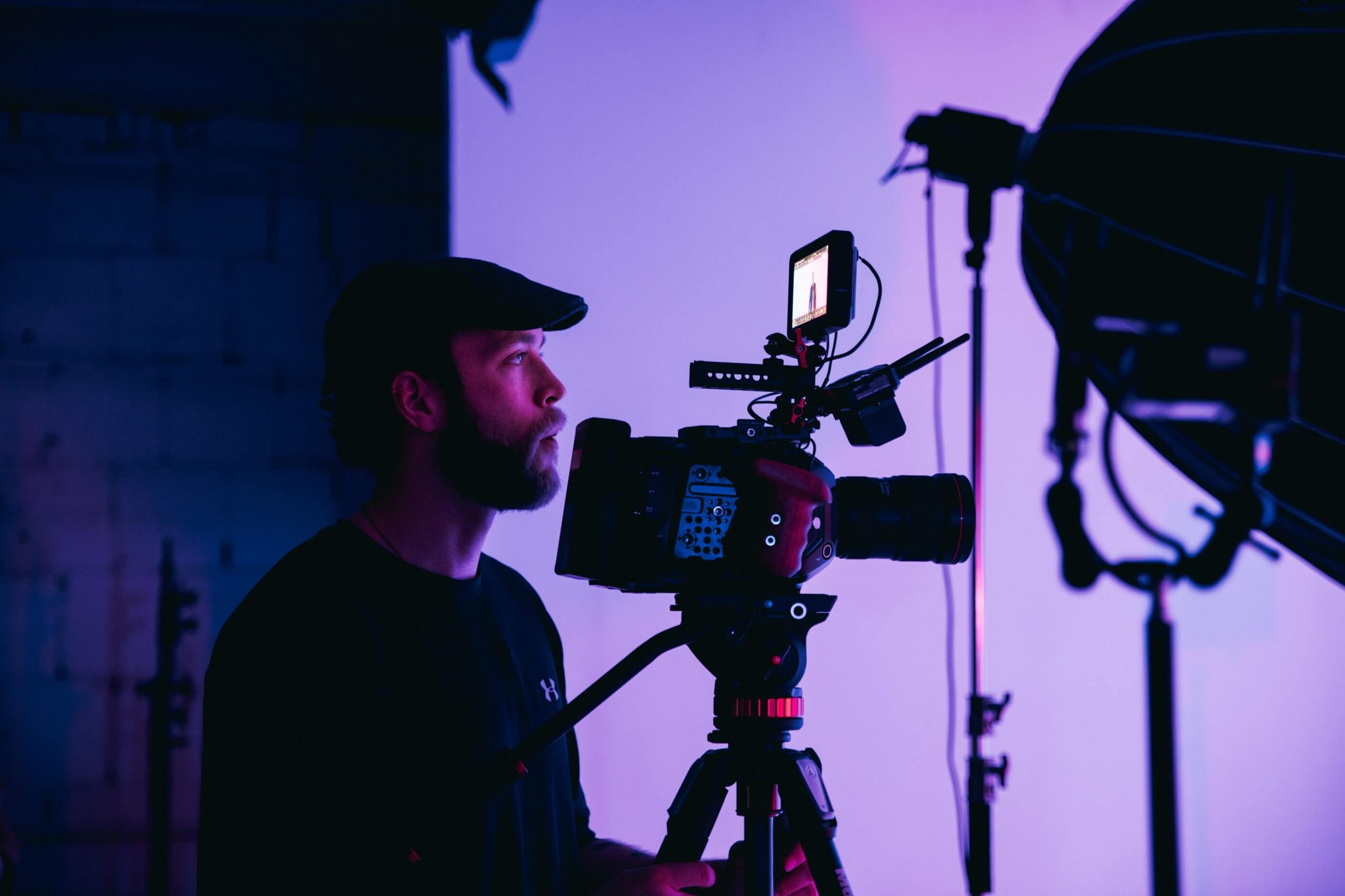

Jen Hartley, Director of Invest Newcastle, gives insight into immediate challenges, opportunities and predicted trends for a post Covid-19 economy.
How are you supporting industry and using intelligence?
This has been such a challenging time for individuals and for businesses. Working with partners, including NE1, we have provided advice to almost 1,000 businesses to ensure they get the financial support and guidance they so urgently need. Supporting indigenous business to survive is vital to mitigating the impact of Covid-19 on our economy.
The intelligence we gather direct from industry is helping us to lobby on their behalf and identify trends for support and new opportunities. Although many firms and organisations are focused on the very real near-term survival, it is becoming clear that moving forward there will be a restructure the global economic order.
This is a challenging time for many but what sectors will power the post Covid-19 world?
 Many of the predictions for a post Covid-19 world align with our region’s strengths in life science, AI, big data and tech. With an increase in government funding to support new innovations and research, we will start to see more and more life science spin outs, as they develop new products and innovations to combat Covid-19.
Many of the predictions for a post Covid-19 world align with our region’s strengths in life science, AI, big data and tech. With an increase in government funding to support new innovations and research, we will start to see more and more life science spin outs, as they develop new products and innovations to combat Covid-19.
Investors will naturally and most obviously continue to value technologies and our new world presents opportunities for businesses to diversify and enter different markets as consumer behaviour changes. Our digital strengths and competitiveness will play a vital role in helping us recover and repair our economy.
There will be a focus towards resilience against any future shocks and prioritising the climate crisis. Smarter regions like ours, will emerge as connections between each other, our infrastructure and our planet come together. There is now likely to be an even larger swing toward purpose-driven technology companies, addressing UN Sustainable Development Goals. Last year investment in such companies doubled to £3.06bn[1] and this was before the global pandemic brought resilience to the fore. Newcastle University has just been ranked 11th in the world for its impact on society and leadership in sustainable development, confirming that the city region is well placed to seize the opportunities that this brings. We can expect an increasing number of innovative ‘clean tech’ companies, cross-cutting sectors such as transport, energy and manufacturing.
A record year for Invest Newcastle
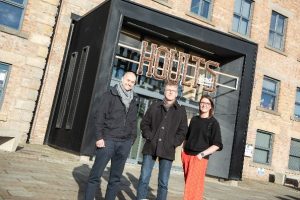 Despite a difficult end to the financial year, we ended March 2019 with a record number of projects. 23 businesses moved to our city from outside the region, we supported 10 businesses to expand, created and safeguarded more than 900 jobs, facilitated 30 inward investment visits and added almost 150 new projects to our pipeline. One highlight from the year was the BBC’s decision to open a design and tech hub here and we can’t wait to welcome them to the region this year.
Despite a difficult end to the financial year, we ended March 2019 with a record number of projects. 23 businesses moved to our city from outside the region, we supported 10 businesses to expand, created and safeguarded more than 900 jobs, facilitated 30 inward investment visits and added almost 150 new projects to our pipeline. One highlight from the year was the BBC’s decision to open a design and tech hub here and we can’t wait to welcome them to the region this year.
There are some positive stories from strategic companies in the city who are seeing increased demand and innovating to diversity their products and services, with some firms pushing forward with their expansion plans despite lock down.
Although, we’ve had a slow start to the new financial year, we now have a strong pipeline of enquiries, specifically from companies within sectors predicted to power our new world.
The recent Big Nine report from Avison Young indicates that the regional offices market is well placed to weather the Covid-19 storm. What trends do you expect from occupiers?
With the world receiving a crash-course in technology-use, businesses will be considering their working arrangements with an eye towards more agile working. The UK is in a fortunate position whereby 44% of jobs can be done from home[2]. Now an enforced reality, firms are contemplating a much larger talent pool and there will be a divergence in where people live and the geographic location of the business that employs them. This doesn’t mean no demand for office space, it means businesses will look at their work spaces differently, gearing more towards co-working, smaller floor plates and high-quality city centre space like Bank House, the Lumen and the Spark on Newcastle Helix or Riga on the Baltic Business Quarter.
What role do think Newcastle Helix will play in our region’s future?
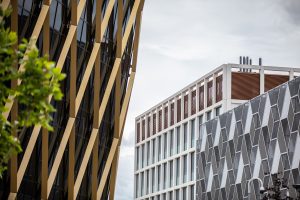 It is positioning our region as a test bed for new innovations. It is helping to build our economy around world-leading academic research in fields such as healthy ageing, sustainability, data and life science and this will play an instrumental role in our post Covid-19 recovery. It’s unique approach to innovation, research and collaboration will continue to enhance our international proposition to investors.
It is positioning our region as a test bed for new innovations. It is helping to build our economy around world-leading academic research in fields such as healthy ageing, sustainability, data and life science and this will play an instrumental role in our post Covid-19 recovery. It’s unique approach to innovation, research and collaboration will continue to enhance our international proposition to investors.
Plans have recently been submitted for the £230m Gateshead Quays conference centre and arena. Why is continued investment critical the future of our region?
 This signals confidence and reassurance. It is a positive step towards the future, when we welcome people from across the world again and see our region’s venues thriving once more. The regeneration story of our quayside continues and schemes like this and the Giants on the Quayside will help us to further promote our region on the global map and accelerate further investment.
This signals confidence and reassurance. It is a positive step towards the future, when we welcome people from across the world again and see our region’s venues thriving once more. The regeneration story of our quayside continues and schemes like this and the Giants on the Quayside will help us to further promote our region on the global map and accelerate further investment.
Newcastle was fast becoming a hot spot for ‘North-Shoring’ is this something that you think will continue?
Absolutely. This is a trend that I predict will rise even further in the current climate. Global firms including EY, Deloitte and Norton Rose all have operations in our region and have expanded and grown since arriving here. We’ve spoken to many people working out of London offices retreating to Newcastle to be with their families amidst the crisis. Continuing to work from home but valuing the quality of life our region offers. This means businesses with a large headcount in London look to move staff to other regional locations, cheaper office space, a larger talent pool and happier staff. Our region was already competing with core cities as a location for business, and with more staff thinking more about work life balance, London is becoming less relevant. Firms see our region as a place to nurture talent and create an innovative and inclusive workplace culture. We have the skills, quality of life and office space, so why not?
What is next for Invest Newcastle?
As well as supporting businesses to mitigate the impact of corona virus on our economy, we have also been adapting our inward investment strategy for Newcastle and Gateshead to meet the needs of a very different future. This is led by industry and we are looking at medium and long-term recovery.
We are under no illusion about the complexities businesses, and our economy as a whole, are facing. A tough time for many, but as a team we will be working hard to support in every way we can.
As a region we are well placed to meet the challenges of a post-Covid-19 business environment and we look forward to sharing some promising and positive news in the months to come.
Watch this space.
[1] TechNation (2020)
[2] OECD (2020)


